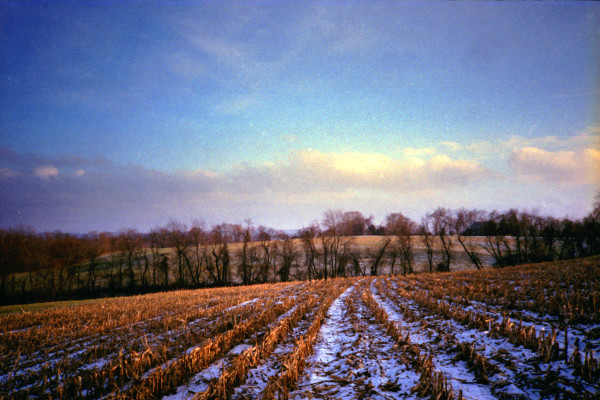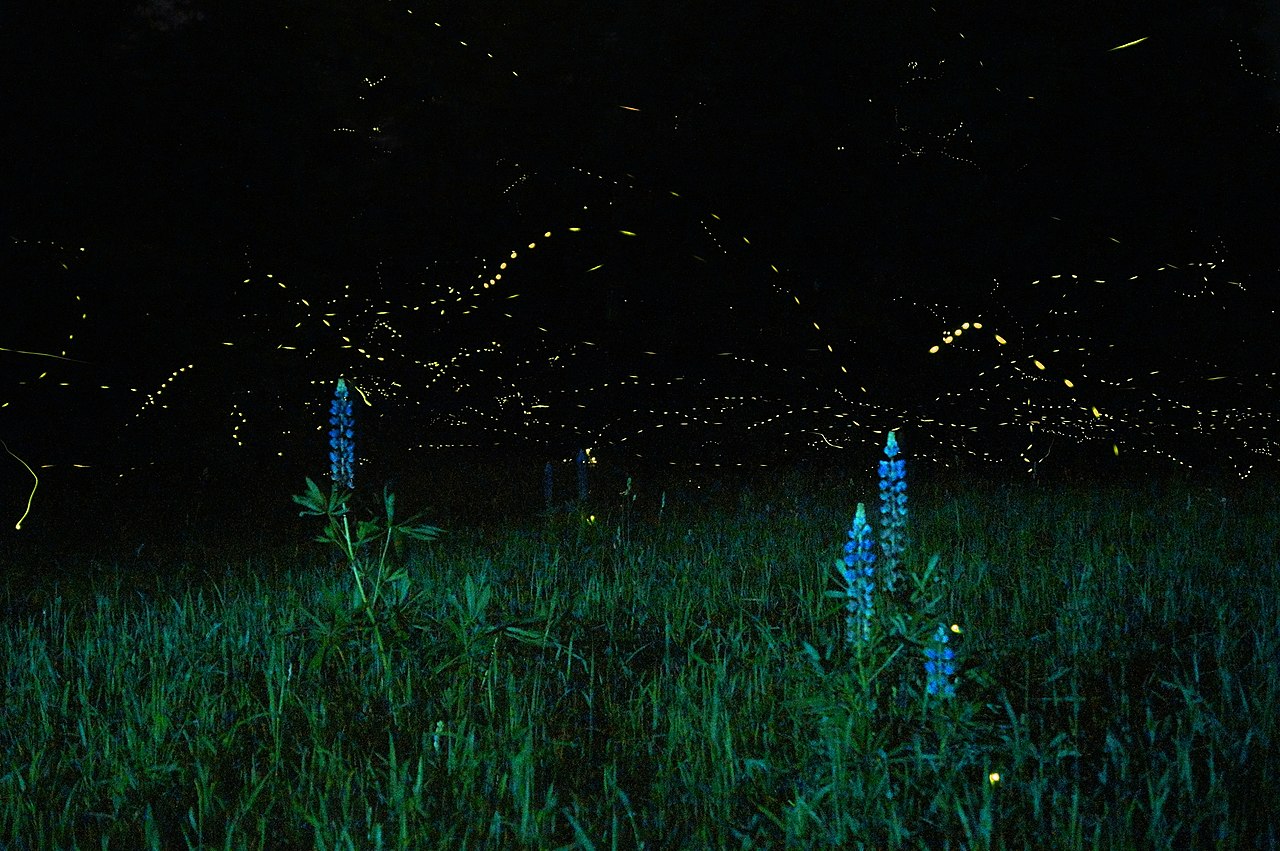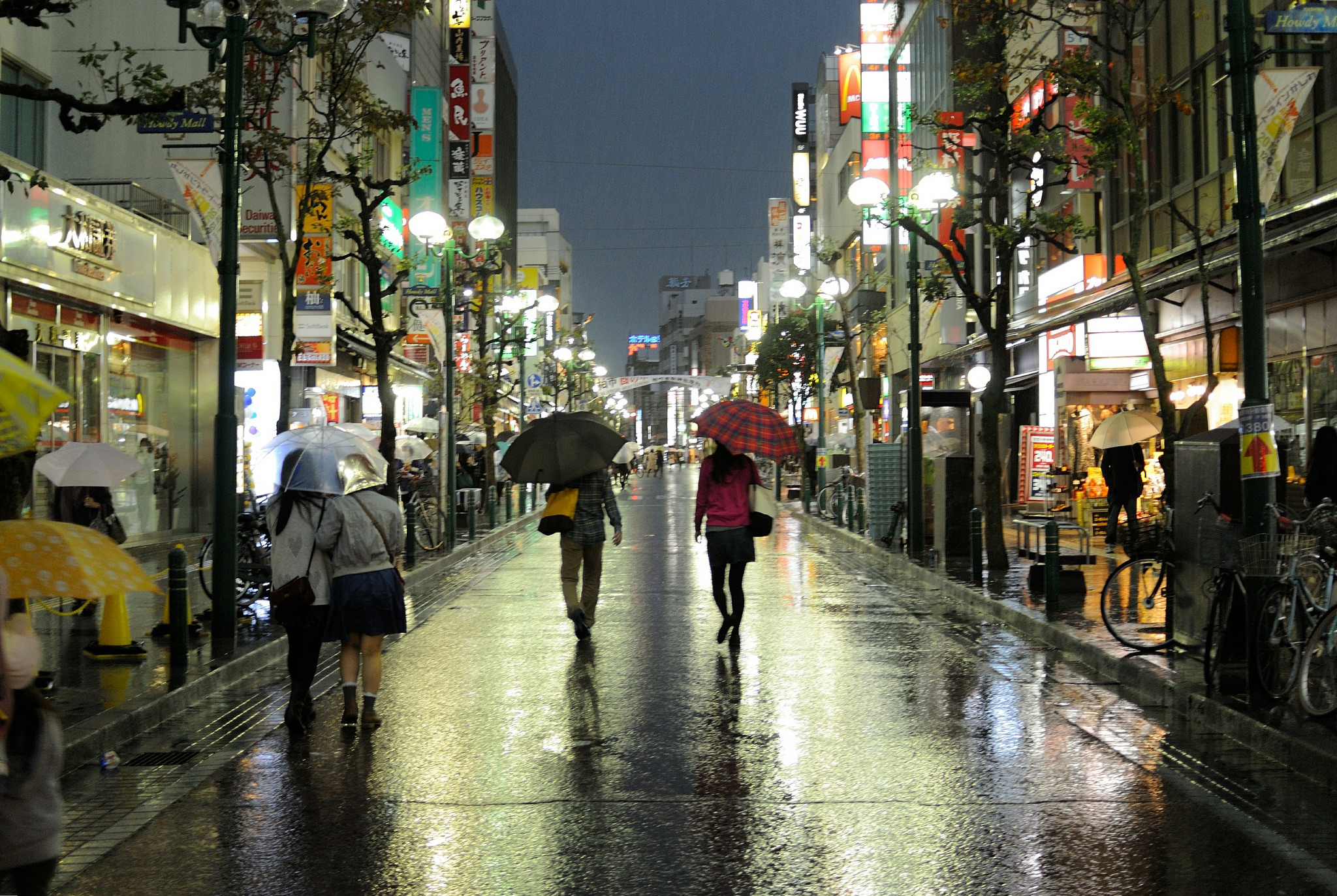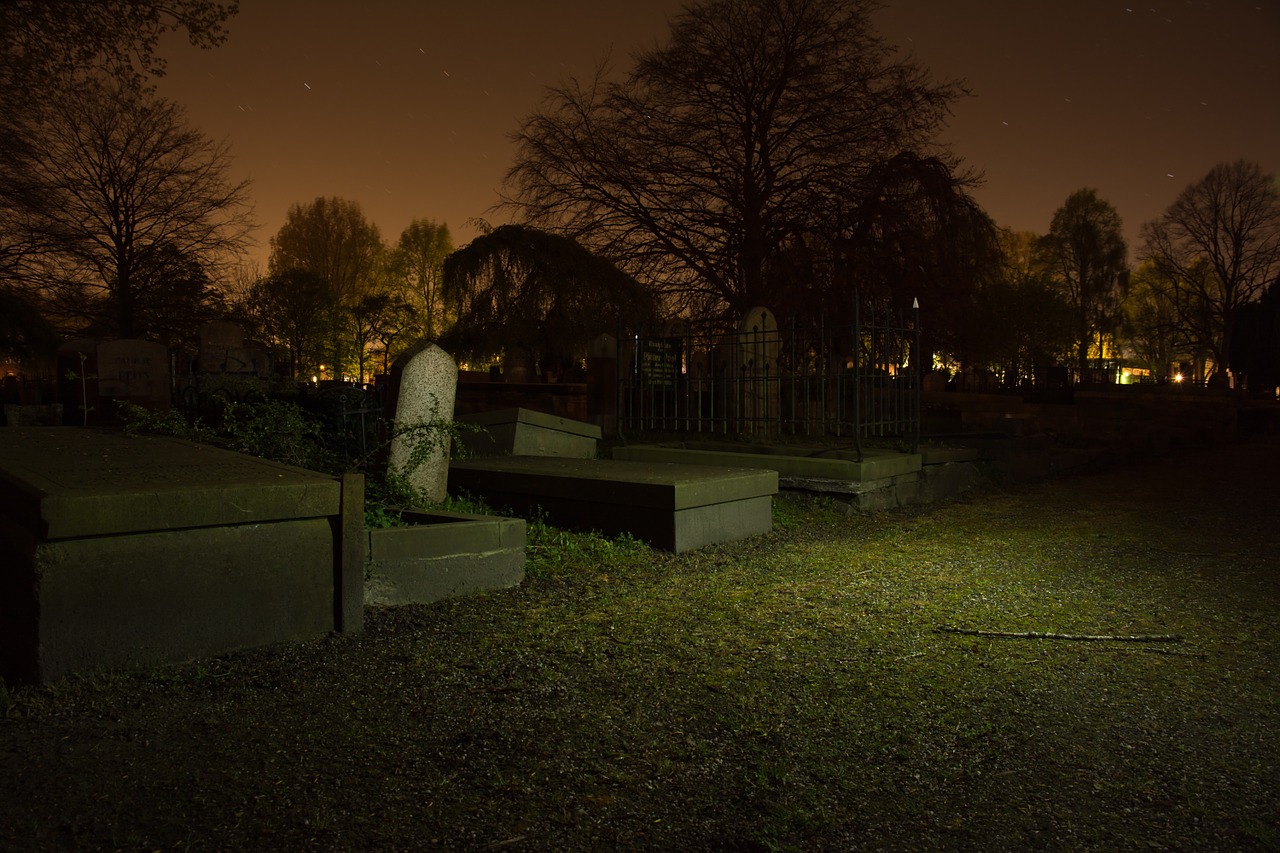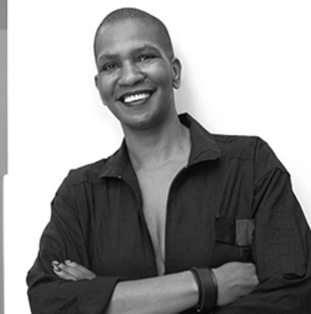Duel
From the true opponent, a limitless courage flows into you.
— Kafka, trans. Michael Hofmann and Geoffrey Brock
Someone should tell my father about Pushkin’s
black silk waistcoat, so he can lift up
his hand and say he doesn’t need
to know. In the pale light tonight by my father’s
body, I have been able to piece together most
of the story: how the Russian, dishonored and not yet finished
with his life’s work, bowed to his opponent and slunk off
to his mother’s estate, his life’s fire purling from his
stomach, and told no one. My father would not love
this story, nor my love for it, this too easy figure
for the sacrificial, the quiet sufferer. Pushkin, he would
say, made great things, and he has not made great things.
Pushkin was named for Alexander, the crosser of the Hellespont.
My father was named for a kind-eyed butcher, poor as anyone.
You know the story: a man works forty-seven years
covered in the blood of animals. On the third day, they
lay him off, leave him in the parking lot of an A & P
with a plaque under his arm and his name misspelled.
And for the rest of his life his hair smells like a Newark
slaughterhouse, so even his good wife can’t touch him. That kind
of American beauty. But tonight it is nothing. Tonight
my father’s heart is in peril and he would not agree with Pushkin
that his ventricle is a plum-eyed sparrow thrumming
under the hands of all the forces in his life who mean it
to be free. He would not let Aeschylus tell him that the moon is a sister
on a fire-eyed steed casting her seedlings on our bodies
so that, drop by drop, wisdom grows there
by the awful grace of god. He would not believe
in the awful grace of god. All night I’ve read my father
the stories of the great mourners: Achilles carrying Patroclus
in his armor at Troy, the women of Leviticus loosening
their hair beside the sinking hearses of their fathers. My father
sleeps, and his sleep is found money. Summer now,
and I walk out to the Hudson with its slag-iron, its darker
cargo. My father would not love
the trials of the great mourners, filled as they are
with hyssop and gall, daughters gnashing on their knees
deep in the silences of their stories. Or the light
around Pushkin’s body, his horses stomping in harness
for the bold felled man they knew. I lie down
in the margin and listen to fog-horns blow all the way
to Nyack, Pearl River, Goshen. It is all a matter of give
or be sold, ruin or be ruined. Why do I tell you this? Tonight
it is summer and my father’s heart is in the hands
of a thin, skittish doctor whose name he has to squint
to pronounce. When Pushkin lay dying
in his mother’s estate, he wrote to his ten lovers the same
note: the night has unfurled its wings in the breast of me and there is
no world, no nest like your love. My father has no words
for love, for the dark thing curled in the breast of him
that means him harm. Or well. Well. If love is a story
that restores the storyless, I could pick one. But my father
has the fury of the powerless. Already he is nothing, has
no one. Already he has found out what d’Anthès did: a good man
has no story at all. He will rise, will fall, will find
healers; he will dress again in his medic-cut sweater
and saunter right out of here in his body, spreading
his arms to this river, this life that has nothing,
no master. He knows what the long duel
has taught him: In the end, you become
like your enemy. A limitless courage
flows into you. He is so like his country,
my father: The light’s wings will fill up
his branches. He might sing, still. He might. He just has to.
—
Heraclitean
More than once I was saved by ruin,
cupping my face in its hands as its wild hair
filled up the pastures. I lie out on the margin
of the river, listening to the lost carry
the exquisite kestrels of their minds
into the shallows, drowning them like infants
in their feathers. Their thrashing is a small song.
More and more I am asking more of rapture.
Tonight I watch the dark flocks filling up
the acres, and I think of a man and woman
lying in a locked house in their country, their bodies
touched by the small comfort only evening can offer them.
I can say it, now: Their bodies are not twin cellos
that have played out their hollows to exhaustion.
Their language is not the sound of water
falling all night into itself while a moon, in her fixed
praise, watches. More than once I have stood
at their threshold while the wind took their secrets
away, the small lamp of their land’s fruit
beside them. I see now
the body is not a story. I see now the makers
will absolve themselves of nothing, the poor
once touched by winter come to winter. I rise up
and walk down to the water
where the roots are. April now. Wide
is the river and its one song.
Dark stars, dark stars of whom I’m ashamed
and in which I cannot
believe, come out
as you have always come
out, in splendor. Tell me the world is not a history
of settled things, the lost ones in the drama
of what’s over. Tell me the night is not
enough, the wind is not
the steady one
wading with these frail forms
through the river, to bring them into stasis,
its disaster. Tell me
it is quarrel’s world, no
other, that we howl out with the lush
and loss forever, that the rest belongs to Fire, only Fire.
—
Joseph Fasano’s second collection of poems, Inheritance, has just been released by Cider Press Review. His first collection, Fugue for Other Hands, won the 2011 Cider Press Review Book Award, and his book-length poem,Vincent, based on the murder of Tim McLean, will be published in June, 2015. His poems have appeared in The Yale Review, The Southern Review, Tin House, FIELD, Measure, Passages North, The Times Literary Supplement, upstreet, and other publications. He won the RATTLE Poetry Prize, and he has been a finalist for the Missouri Review Editors’ Prize, among other honors. He has recently been nominated for the Poets’ Prize, “awarded annually for the best book of verse published by a living American poet two years prior to the award.” He teaches at Columbia University and Manhattanville College, and he lives in the Hudson River Valley.
—
Featured Image by Kenny Ong
